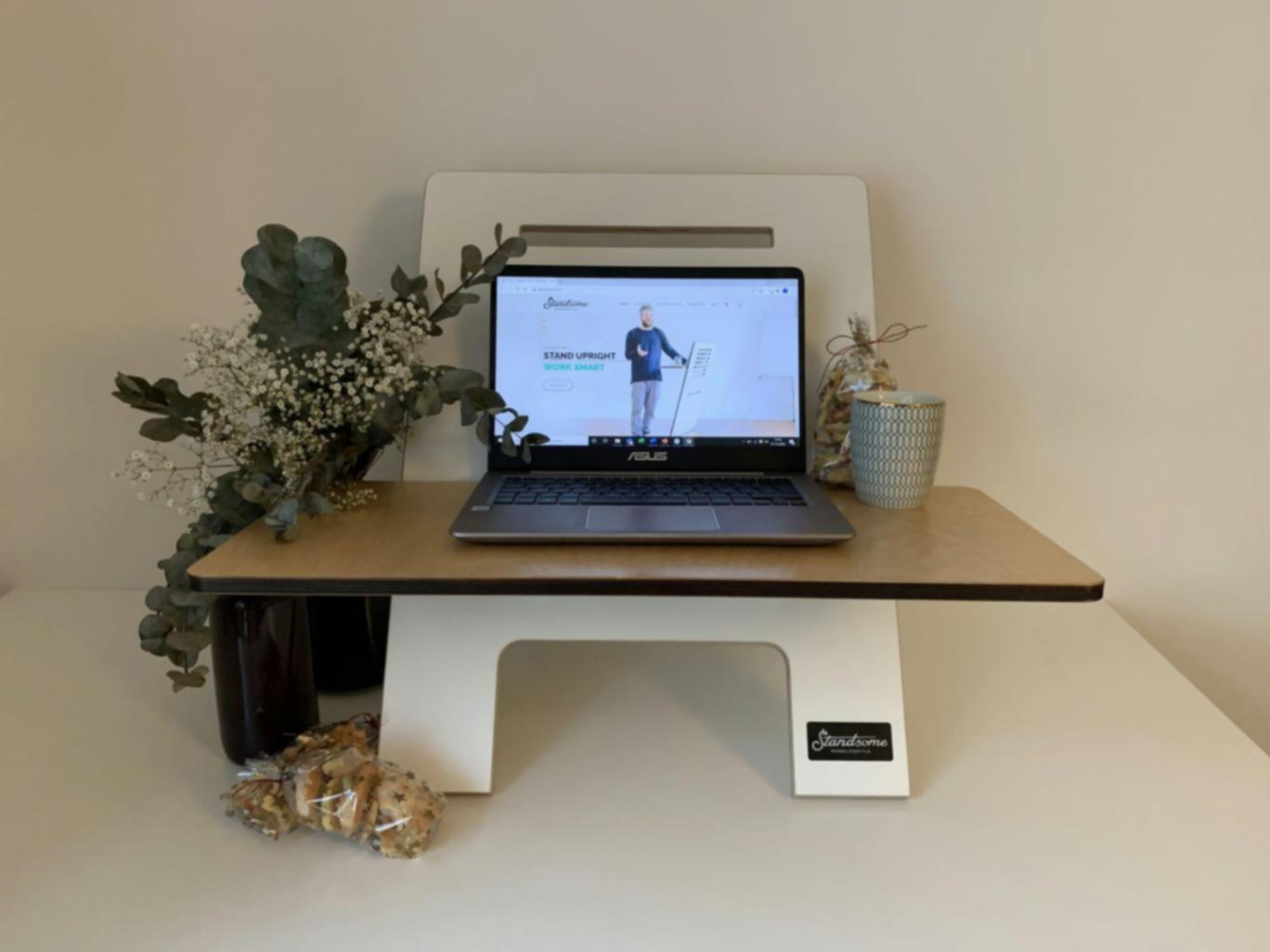Your Financial Education Journey Starts with Smart Learning Habits
Managing money isn't something most of us learned in school. And here's the thing—you're probably juggling work, maybe family stuff, and now you want to get better with finances. The good news? You don't need to become an accountant or spend years buried in textbooks. What matters most is how you approach learning, not how much time you have.

Break Down Complex Topics Without Getting Overwhelmed
Financial management feels intimidating because textbooks love cramming everything together. But you wouldn't learn to cook by memorizing every recipe at once, right? Same deal here.
Start with one concept at a time
Pick something practical like budgeting or understanding your payslip. Spend a week just on that. Don't rush to the next topic until you've actually used what you learned.
Connect new information to what you already know
You already manage household expenses, even if you don't call it "cash flow management." Build on that foundation instead of treating everything like brand new territory.
Practice with real scenarios, not hypotheticals
Use your actual bank statements. Calculate your real expenses. Theory stays fuzzy until you apply it to numbers that affect your daily life.
Six Ways to Actually Remember What You Learn
Reading something once doesn't cut it. Your brain needs repetition and context to turn information into knowledge you can use when it counts.
Teach Someone Else
Explain what you learned to a friend or family member. When you have to put it in simple words, you'll quickly discover which parts you don't actually understand yet.
Create Your Own Examples
Don't just memorize the examples from your course materials. Make up scenarios based on your own financial situation. Personal relevance makes things stick.
Space Out Your Study Sessions
Cramming doesn't work for financial concepts. Better to spend 30 minutes three times a week than three hours once. Your brain consolidates information during breaks.
Test Yourself Regularly
Close the book and try to write down the key points from memory. The struggle to recall actually strengthens the neural pathways more than passive rereading.
Link Topics Together
Once you understand budgeting and saving, you'll see how they connect to investing. These aren't separate subjects—they're parts of a bigger picture that supports each other.
Review Before You Forget
Go back to older material before it completely fades from memory. A quick review after one week, then two weeks, then a month keeps information accessible.

Kaarlo Nieminen
Senior Financial Education Specialist
What Actually Works in Financial Education
I've been teaching financial management for eleven years now, and I've watched thousands of people try to learn this stuff. The ones who succeed don't necessarily have more time or better math skills. They just approach learning differently.
Most people make the mistake of treating financial education like studying for an exam—memorize everything, pass the test, forget it all next week. That doesn't help you when you're sitting at the kitchen table trying to figure out if you can afford a car loan.
"The best learners focus on understanding principles rather than memorizing rules. They ask 'why does this work?' instead of just 'what's the answer?'"
Here's something I tell every new student group: you're going to feel confused sometimes. That's not a sign you're bad at this. That's your brain processing new frameworks for thinking about money. Confusion means you're right on the edge of genuine understanding.
Another thing—don't isolate your learning from your actual financial life. If you're studying investment basics, look at your super statement that same week. If you're learning about debt management, pull out your credit card statements. The connection between theory and reality needs to be immediate, not someday-when-I-need-it.
Put These Learning Strategies into Action
Knowing about effective learning techniques doesn't help unless you actually use them. Here's how to build better study habits starting this week.
Choose One Specific Financial Topic
Don't try to learn everything at once. Pick something immediately useful—maybe understanding your tax obligations or setting up a realistic monthly budget. Focus exclusively on that for the next two weeks.
Schedule Short, Regular Learning Sessions
Block out 25-minute slots three times per week. Same days, same times if possible. Consistency matters more than duration. Your brain learns better through repeated exposure than marathon sessions.
Apply Each Concept to Your Real Finances
Within 24 hours of learning something new, use it with your actual financial data. Calculate your debt-to-income ratio. Categorize last month's spending. Make the knowledge tangible and personal.
Explain What You've Learned Out Loud
At the end of each study session, explain the key concepts as if teaching someone who knows nothing about finance. Record yourself or just talk it through. You'll immediately spot gaps in your understanding.
Join Our Upcoming Course Programs
Learning on your own takes discipline. Our structured programs starting in August 2025 give you a clear path, expert guidance, and fellow students working toward the same goals. Check what's coming up and find something that fits your schedule.
View Course Schedule